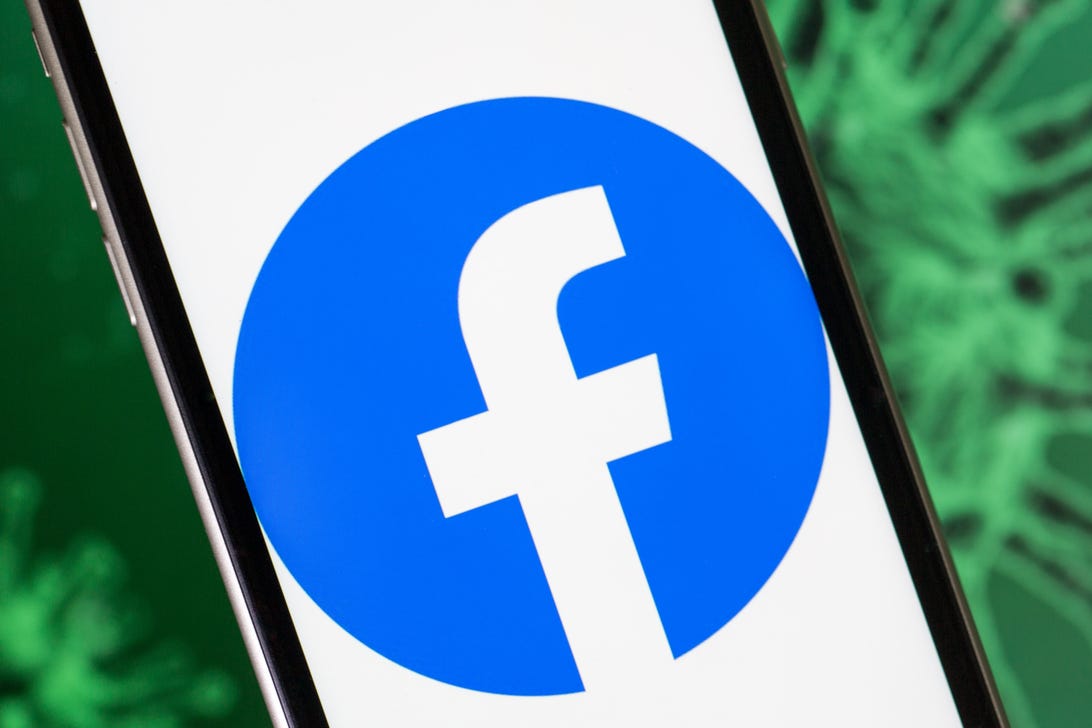
Facebook has been trying to ramp up efforts to tackle health misinformation during the pandemic.
Angela Lang/CNETFacebook said Wednesday that it's forming a new initiative with various public health groups that'll focus on vaccine hesitancy and vaccine equity in underserved communities.
The social media giant and pharmaceutical company Merck are each committing $20 million to what Facebook says will be a multiyear effort. Other partners include the World Health Organization, the World Bank, the Bay Area Global Health Alliance, the CDC Foundation, the MIT Initiative on the Digital Economy, Sabin Vaccine Institute, and the Vaccine Confidence Project at the London School of Hygiene and Tropical Medicine. Facebook didn't specify how long the initiative will last.
The groups are calling the new initiative the Alliance for Advancing Health Online. "This new initiative aims to advance public understanding of how social media and behavioral sciences can be leveraged to improve the health of communities around the world," Facebook's head of health, Kang-Xing Jin, said in a blog post.
Social media companies have struggled to combat the rapid spread of misinformation about the COVID-19 vaccine. Facebook has been trying to direct people to more authoritative sources in an information hub. Its latest effort is yet another example of how the company is trying to show it can be used as a force for good amid mounting criticism.
At least 199 countries have started vaccinating against COVID-19 and there have been at least 2.2 billion vaccine doses administered worldwide, according to Reuters, which analyzed data from the Our World in Data Project at the University of Oxford. Developed countries, though, have greater access to the vaccine and about 52% of people who've received at least one dose of a coronavirus vaccine are from high-income countries.
At the same time some people, including in the US, are still hesitant about receiving the vaccine. In March, Carnegie Mellon University, the University of Maryland and Facebook released a survey that showed that 23% of US adults are hesitant about receiving a COVID-19 vaccine, but one way to combat this problem is to address concerns about any side effects.
The new alliance is creating a fund that'll give grants to "researchers and organizations that are exploring how best to use behavioral science, social media and digital platforms to build confidence in and access to vaccines," Jin said.
The information contained in this article is for educational and informational purposes only and is not intended as health or medical advice. Always consult a physician or other qualified health provider regarding any questions you may have about a medical condition or health objectives.
from CNET https://ift.tt/3vaDFCg
via IFTTT



No comments:
Post a Comment